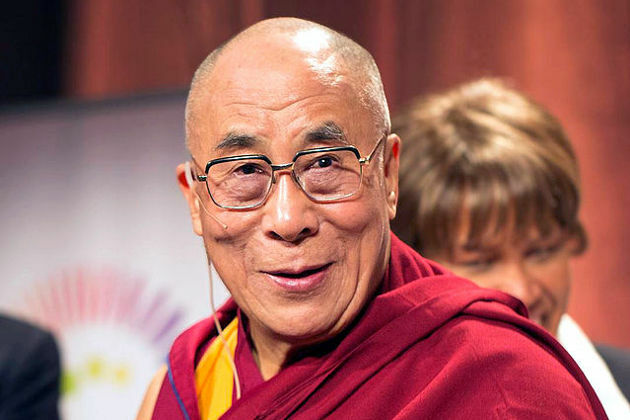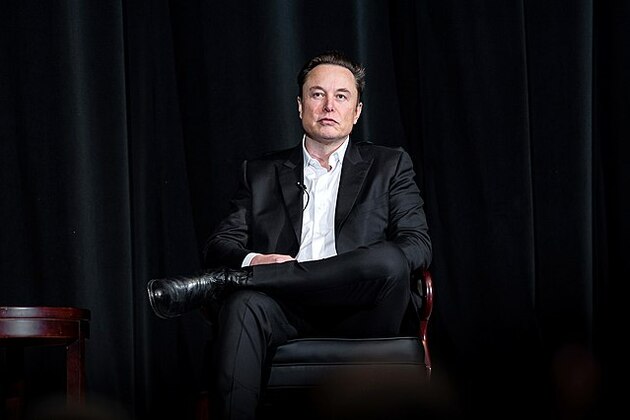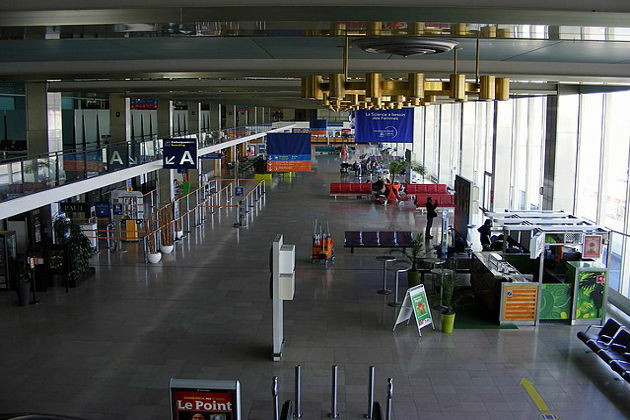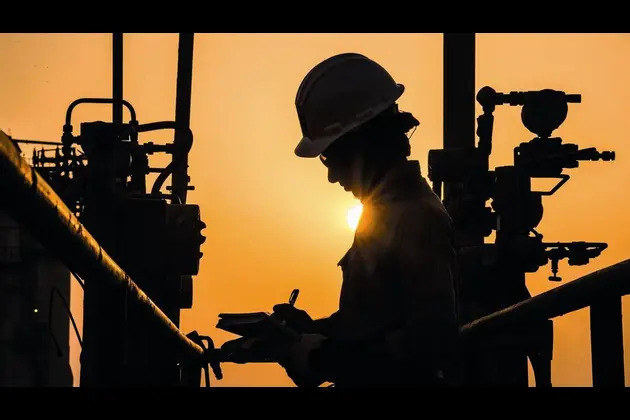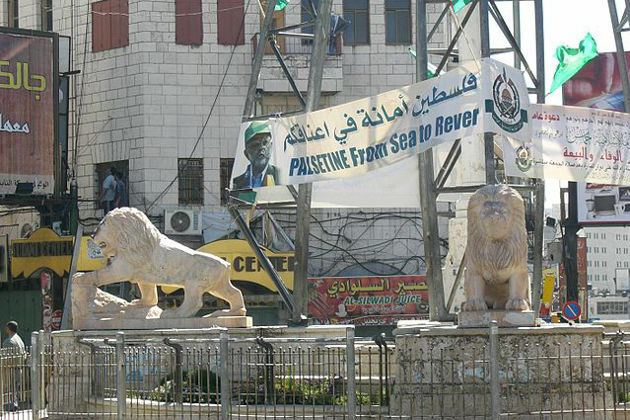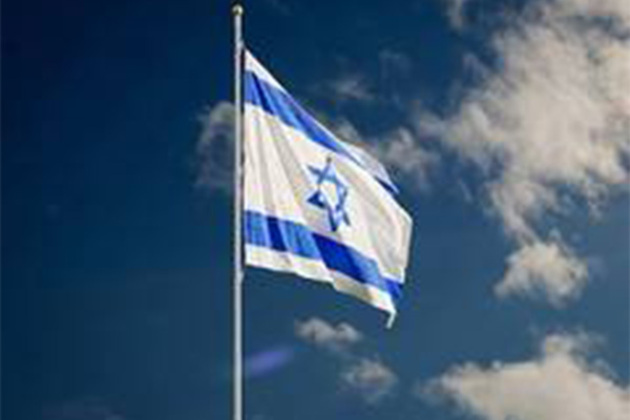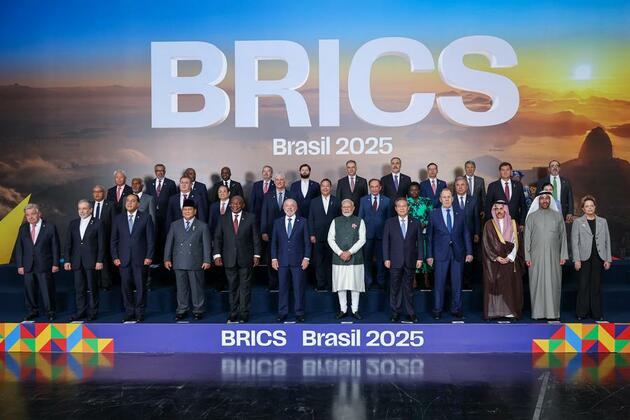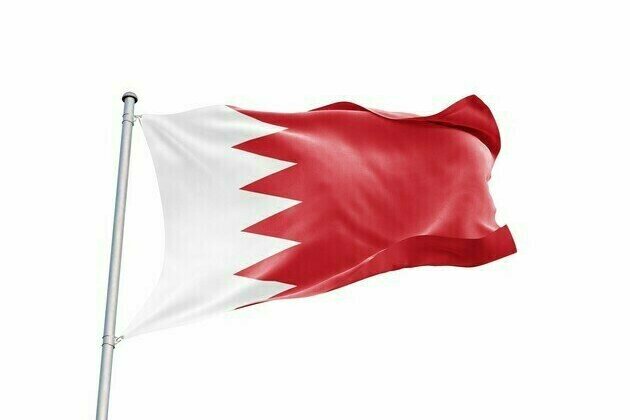Mapping the contours of Jihadist groups in the Sahel
The Conversation
25 Sep 2021, 00:11 GMT+10
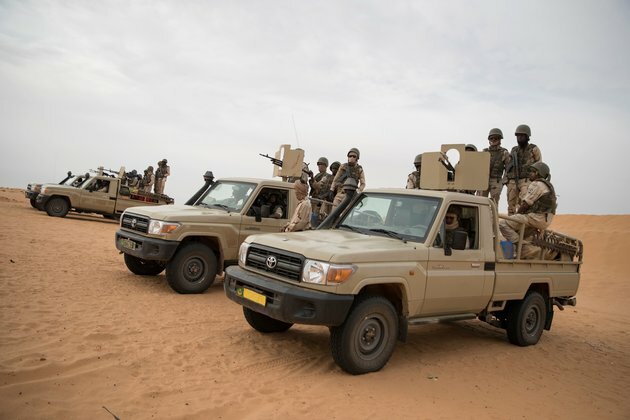
The Sahel region, an area covering 3 million sq km, has been a hotbed of Islamic Jihadi groups in recent years.
Today, the region has no fewer than seven insurgent groups scattered in six countries. The area stretches from the Atlantic Ocean to the Red Sea and Indian Ocean and encompasses a dozen countries. These include Burkina Faso, Cameroon, Chad, The Gambia, Guinea, Mauritania, Mali, Niger, Nigeria and Senegal.
Jihadi groups have taken advantage of a number of underlying conditions, which fuel local grievances across the Sahel. These include endemic poverty, inequality, high unemployment levels, illiteracy, ethnic divisions and poor governance.
The groups have made inroads by stepping the vast ungoverned spaces where governments have been largely absent. Here they have helped resolve land tenancy issues, protected cattle from theft and prosecuted thieves. They have also provided social welfare, distributing food and medicine, offering cash incentives, and delivering some forms of government services.
But they are also responsible for atrocities in which thousands have died. Such as mass kidnappings, attacks on civilians in villages, schools, as well as attacks on military bases.
Since 2015, the entry into the Sahel of Islamic State in Syria and Iraq, also known as Daesh, have led to the loss of thousands of lives. This followed the creation of the Islamic State in the Greater Sahara by al-Sahrawi which pledged allegiance to ISIS. In the same year, Boko Haram pledged allegiance to the Islamic State. This led to the creation of its breakaway faction -Islamic State West Africa Province.
Islamic State in West Africa Province and Islamic State in Greater Sahara, are known to have attacked military bases in Nigeria, Mali, Niger and Burkina Faso. The two groups are also known for kidnapping civilians for ransom. This is in spite of the killing of some key commanders within the groups. Many of these deaths have been attributed to France following military intervention in Mali in 2013.
Recent reports point to the fate of two key leaders. Reports that the leader of the Islamic State in the Greater Sahara, Adnan Abu Walid al-Sahrawi, has been killed have been confirmed. However reports of the death of the leader of the Islamic State West Africa Province, Abu Musab Al-Barnawi, have not been.
Jihadist groups have soldiered on despite repeated losses before. In the light of recent developments it's worth assessing how big the presence is of Islamic State in Syria and Iraq the Sahel region.
Origins of entry into the Sahel region
Prior to creating the Islamic State in the Greater Sahara, al-Sahrawi had been a member of Polisario Front in Western Sahara, which was fighting for independence from Morocco. In 2012, he joined al-Qaeda in the Islamic Maghrib and would later co-lead a Malian Islamist group, Movement for Oneness and Jihad in West Africa.
He later rose to become a senior commander in al-Mourabitoun, another group affiliated to al-Qaeda, and which is currently part of Jama'at Nasr al-Islam wal Muslimin (Group for the Support of Islam and Muslims).
His pledge to the Islamic State in Syria and Iraq was rejected by the leader of al-Mourabitoun, Mokthar Belmokthar, as a way of maintaining the group's allegiance to al-Qaeda. This led to al-Sahrawi's defection and the formal establishment of the Islamic State in the Greater Sahara in October 2016.
The leadership of Islamic State in Syria and Iraq Core formally accept Islamic State in the Greater Sahara in April 2019.
In 2018 it was estimated that the al-Barnawi-led Islamic State West Africa Province had 3,500 fighters. It operates mostly in parts of north-eastern Nigeria such as Borno state, which is the epicentre of the Boko Haram insurgency, and the Lake Chad Basin area, which includes Cameroun, Chad and Niger.
In the same year it was estimated that the Islamic State in the Greater Sahara had 300 fighters. It operates mostly along the Liptako-Gourma region and in other parts of Mali and Niger. The group's relationship with Ansaroul Islam, a Burkina Faso based Jihadi group has increased the number of its fighters, as well as defections by former Jama'at Nasr al-Islam wal Muslimin fighters.
In more recent times, Islamic State in the Greater Sahara has expanded its operations to include areas in Mali such as the Mopti, Gao, and Menaka regions, the East regions of Burkina Faso and the Tillabery and Tahoua regions of Niger. The goal of both groups remains the establishment of a Salafi-jihadist caliphate in the Sahel, under Sharia law.
Despite the death of Abu Bakr al-Baghdadi, the leader of ISIS Core, Islamic State in the Greater Sahara and Islamic State West Africa Province have continued to perpetuate attacks. The death of al-Shawari and the unconfirmed death of al-Barnawi, is unlikely to make much of a difference in the operations of these groups across the Sahel.
Defeating ISIS in the Sahel
Jihadist groups have over the years demonstrated their ability to put in place internal governance structures that allow for continuity in the event of unforeseen contingencies such as the death of a leader or commander. The recent takeover of the Taliban in Afghanistan serves to further embolden these groups.
While domestic and international security forces continually attempt to degrade, dismantle, and defeat these groups through the capture or killing of high value targets, a more result-oriented approach would be to address the underlying political and socio-economic factors that fuel their activities in the region. In addition, more efforts aimed at discrediting the influence of these groups must be prioritised.
Author: Folahanmi Aina - Doctoral Candidate in Leadership Studies, King's College London 
 Share
Share
 Tweet
Tweet
 Share
Share
 Flip
Flip
 Email
Email
Watch latest videos
Subscribe and Follow
Get a daily dose of Iraq Sun news through our daily email, its complimentary and keeps you fully up to date with world and business news as well.
News RELEASES
Publish news of your business, community or sports group, personnel appointments, major event and more by submitting a news release to Iraq Sun.
More InformationInternational
SectionThousands gather in Himalayas as Dalai Lama celebrates 90th birthday
DHARAMSHALA, India: The Dalai Lama turned 90 on July 6, celebrated by thousands of followers in the Himalayan town of Dharamshala,...
Fans perform WWII-era Fascist salute at Marko Perković’s mega concert
ZAGREB, Croatia: A massive concert by popular Croatian singer Marko Perković, known by his stage name Thompson, has drawn widespread...
U.S. Treasury Secretary says Musk should steer clear of politics
WASHINGTON, D.C.: Elon Musk's entry into the political arena is drawing pushback from top U.S. officials and investors, as his decision...
TikTok building U.S.-only app amid pressure to finalise sale
CULVER CITY, California: TikTok is preparing to roll out a separate version of its app for U.S. users, as efforts to secure a sale...
Trump defends use of 'Shylock,' citing ignorance of slur
WASHINGTON, D.C.: President Donald Trump claimed he was unaware that the term shylock is regarded as antisemitic when he used it in...
Summer travel in chaos as French air traffic controllers walk off job
PARIS, France: A strike by French air traffic controllers demanding improved working conditions caused significant disruptions during...
Arab
SectionSaudi Aramco plans asset sales to raise billions, say sources
DUBAI, U.A.E.: Saudi Aramco is exploring asset sales as part of a broader push to unlock capital, with gas-fired power plants among...
Netanyahu vows 'No Hamas' in postwar Gaza amid peace talks
CAIRO, Egypt: This week, both Hamas and Israel shared their views ahead of expected peace talks about a new U.S.-backed ceasefire plan....
Israel: New plan to add 40,000 rental apartments by 2030
Tel Aviv [Israel], July 9 (ANI/TPS): Israel's Ministry of Construction and Housing is promoting a new government plan to regulate the...
Esports World Cup: Four Dota 2 squads grab early advantage
(Photo credit: Kelley L Cox-Imagn Images) Tundra Esports, Aurora Gaming, PARIVISION and Team Liquid each pulled out 2-0 victories...
Daily World Briefing, July 9
BRICS moves to expand Global South cooperation for inclusive, sustainable global governance Leaders of BRICS countries, gathering...
Bahrain commends UAE's efforts in rescuing commercial ship crew in Red Sea
MANAMA, 9th July, 2025 (WAM) - The Kingdom of Bahrain today expressed its welcome and appreciation for the efforts of the United Arab...

